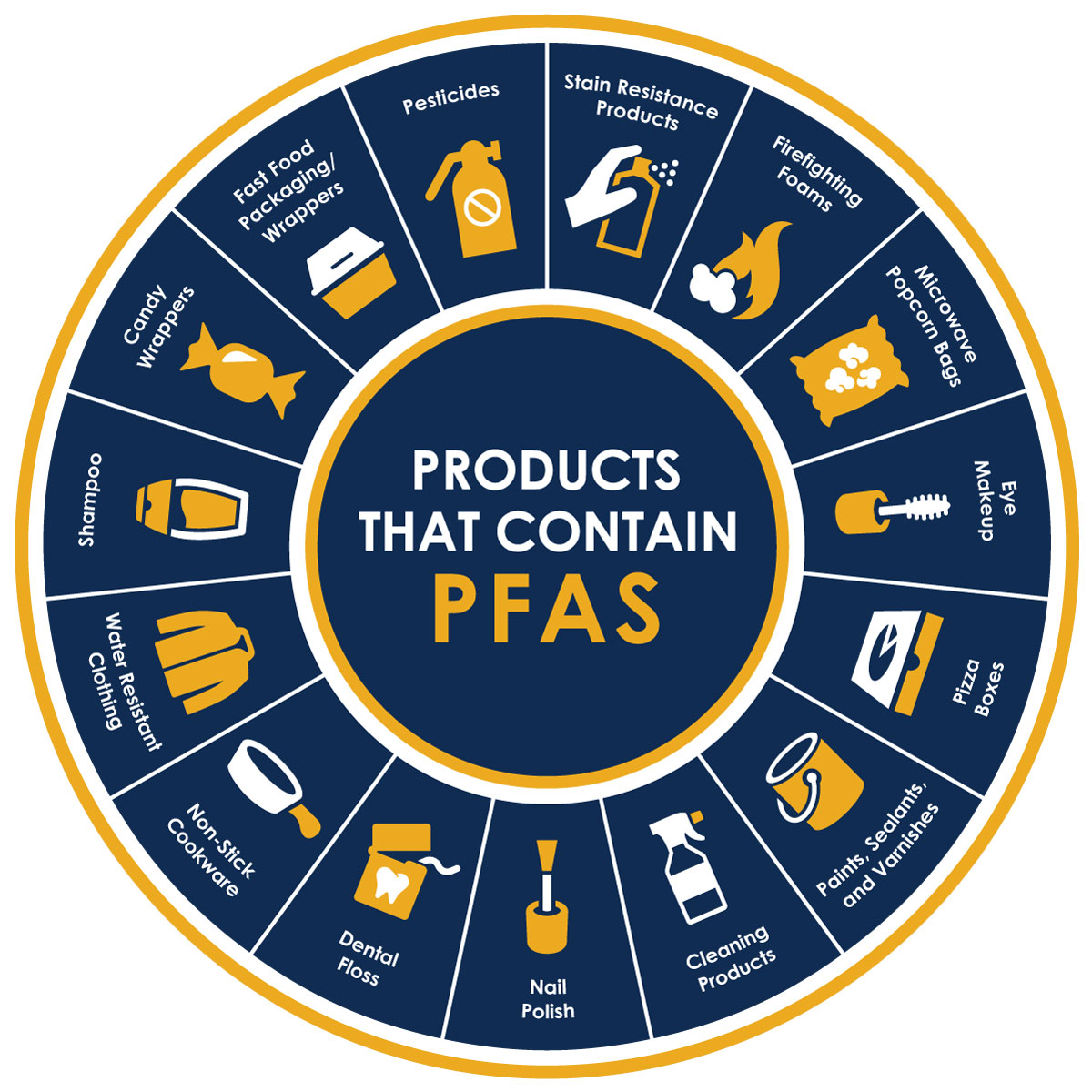Australian Sydney Mega-Incinerator Project Rejected for Pollution Risks
- Plans for a giant incinerator in Australia that was planned to be built next to the city of Sydney have been blocked after the Independent Planning Commission decided that it has detected 'insecurity' of the human and environmental damage that its pollution would cause.

The Guardian reported that the incineration plant that was about to build Dial A Dump Industries in the city of Sydney had to burn 525,000 tons of mixed waste per year, arguing that it would supply electricity to 100,000 homes. From the beginning, however, the intention was opposed by the municipalities as well as the inhabitants of the area, and also by environmental associations.
Fortunately for Australians, projects of this type are evaluated there by an Independent Planning Commission. It contrasts with the Autonomous Community of the Basque Country, where authorisations are granted by the Department of the Environment of the Basque Government, making it possible for the professional who invented the incinerator to be the one who manages such authorisations before or after. The final opinion of the Australian Independent Planning Commission has been decisive in establishing "the doubts about the emissions that the project would cause and the modelling envisaged in the proposal".
In its resolution, the Commission states:“In view of this insecurity, the committee has found that it is unable to determine the effects that the project would have on its environment and this has led the committee to rely on the precautionary principle when considering the effects that the project will have on air quality and human health.” The decision has been taken by the Australians from this position, which ILO doctors in the Basque Country insist on the authorities.
The Commission is particularly concerned that the pollution modelling data provided by the company does not adequately reflect the amounts of waste that would actually be burned in the incinerator. The Commission has also decided that it will not want to find evidence that the incinerator’s pollution control technology would be able to properly manage its emissions, and therefore there was uncertainty about air and water quality.
The Sydney 7 News TV channel has captured the reactions that the news has provoked in the population and also in the company:
Zero Waste Europe-k (ZWE) Espainia, Txekia eta Lituaniako hiru erraustegiri buruz argitaratu duen ikerketa berri batek egiaztatu du instalazio horien inguruetan kutsadura maila handia dagoela, eta hori arriskutsua litzateke ingurumenerako eta gertu bizi diren pertsonen... [+]
Zumarragan 2023 amaierarako eraiki nahi duten plastikoak tratatzeko plantan pirolisia erabiliko da olioa lortzeko (takoil), eta olio hori plastiko berria eta erregaiak egiteko erabiliko da. "Hondakin solidoak errez erregaia sortzen du, eta Europar Batasunaren beraren... [+]
Bergarako Udalaren webgunean irakur daiteke albistea izenburu honekin: 200 langileko kooperatiba batek Bergaratik joatea erabaki du Valogreene-k bertan ezarri nahi duelako hondakinen planta. "Paper-industriaren hondakinen tratamendurako planta Bergaran ezarri aurretik,... [+]






















